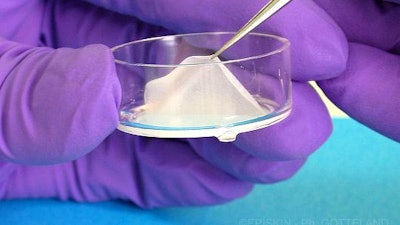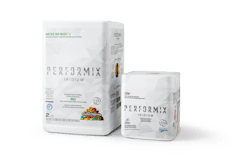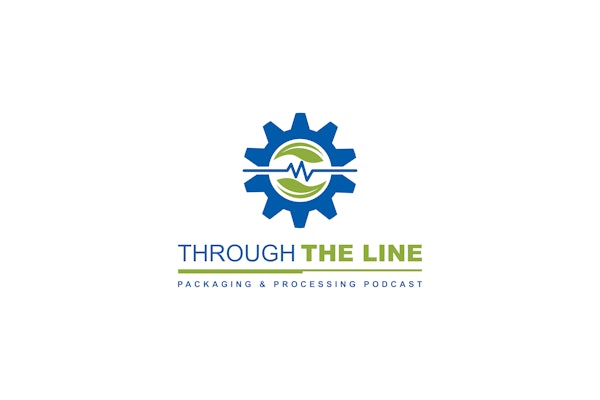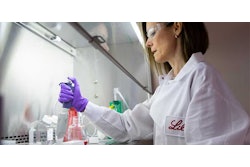
When you hear the name L’Oreal, you probably don’t think of gelatinous blobs of synthesized skin growing in a petri dish. But according to a recent CNBC article, that’s exactly what the beauty conglomerate is up to. To combat the public outcry against animal testing, L’Oreal researchers have created EpiSkin, a lab-produced tissue on which they can test the efficacy of ingredients before they hit the market.
The French company has also managed to monetize the product by selling it to other manufacturers of cosmetic, pharmaceutical, chemical and household products. They’ve also teamed up with California-based Organovo to 3-D print human skin with hair follicles that they intend to use for future products. The only competitor in the fabricated skin space is MatTek’s EpiDerm. The company uses human skin cells retrieved from cosmetic surgeries and circumcisions to produce roughly two adult humans’ worth of skin each week. MatTek's next step is organizing multiple tissue models in a “cross-talk” system to determine the effects of superficial products on liver toxicity and absorption by the small intestine.






















